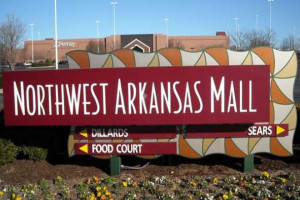As the economy has recovered from the downturn of 2008 and banks once again have money to lend, they remain bound by regulations and restrictions that keep them from making loans that carry even the slightest of risks. Private lenders are left to fill the substantial void in lending, where there are risks worth taking for the appropriate return.
The question for such lenders, be they companies, family offices or maybe even individuals with money to lend and an appetite for a little risk, is how to structure a loan against real estate to become comfortable with the added risk that a bank would not take?
Let’s start with the most basic concept of hard money lending—there is simply a greater risk that the hard money loan will default, so it’s critical to make as much money as possible while the loan is still current, and to take as much collateral as you can in order to mitigate your risk.
A starting point: Obtain detailed PFS’s and request a pledge of all assets listed
The borrower who has come to you for a loan could not qualify for the bank loan and is not in the best position to negotiate terms. While there is some competition for these borrowers, the hard money lender should always start by asking for everything, including the kitchen sink.
Obtain personal financial statements (PFS) for each of the borrower’s principals, and scour those for any assets listed. Do not let a principal give you a scaled down PFS—the documents should be detailed, clearly listing how each asset is titled. If there are unencumbered assets, you should take liens against them, and if assets exist that have senior liens, ask for junior liens. Membership interests in other limited liability companies can also be very valuable, even if they are minority interests.
Risk tactic #1: Get a guaranty with a confession of judgment clause
A guaranty from each principal is just as important as taking collateral. Each guaranty (and each promissory note) should contain a confession of judgment clause (or cognovit clause) if such clauses are legal in your state. A confession of judgment clause can save months of time in the collection effort after a default occurs.
Read entire article at National Real Estate Investor for more information.
To discuss hard money financing needs contact Liberty Realty Capital Group here.




